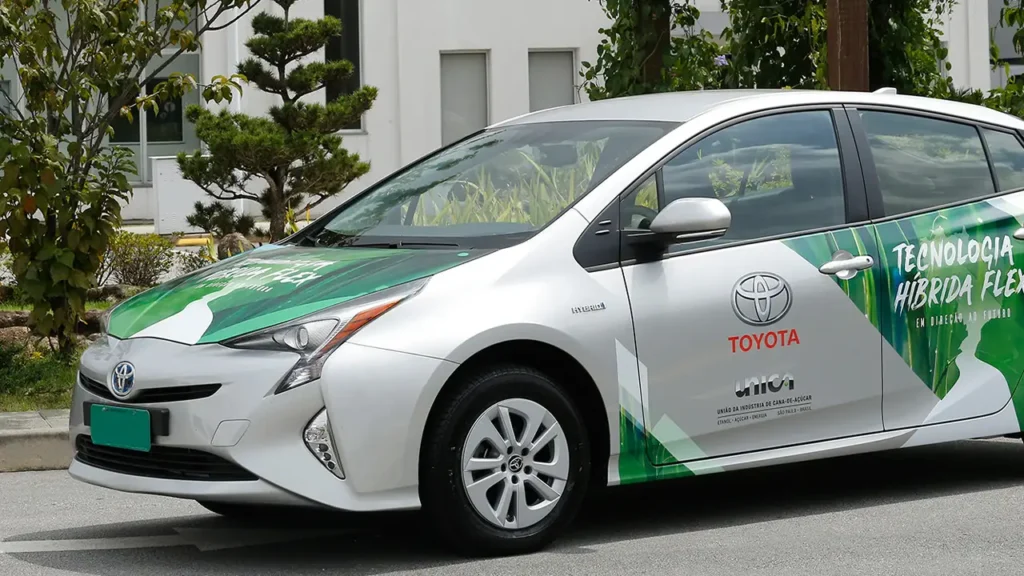- Web
- Feb 05, 2026
Pakistan eyes growth in auto industry with ethanol integration
-

- Web Desk
- Mar 19, 2025

ISLAMABAD: Pakistan is looking to revitalise its automotive sector by localising auto manufacturing and incorporating ethanol fuel into vehicles. This move aims to ensure engine compatibility while boosting the local production of auto parts.
The steps were outlined in a high-level meeting between Haroon Akhtar Khan, Special Assistant to the Prime Minister (SAPM) for Industries and Production, and Hiroshi Kawamura, CEO of Pak Suzuki, as both sides explored new avenues for industrial and trade cooperation between Pakistan and Japan.
During the meeting, Haroon Akhtar Khan underlined the potential for both countries to collaborate on bio-gas and electric vehicle (EV) projects, underscoring shared vision for technological innovation and clean energy solutions.
“Pakistan and Japan can explore new industrial opportunities together,” he stated, reflecting the growing relationship between the two nations.
An exciting development from the meeting was Pak Suzuki’s plan to establish a Biogas Plant in Manga Mandi, which was warmly appreciated by the SAPM. Haroon Akhtar acknowledged the project’s role in promoting green energy and commended the automaker’s efforts towards sustainable energy solutions.
He also highlighted Pakistan’s strategic importance to Pak Suzuki, noting that the country is a key market with significant growth potential. Khan called for continued collaboration in the automotive industry, particularly through joint ventures, which he said could unlock new opportunities for innovation and development.
The meeting also aligned with Pakistan’s broader commitment to eco-friendly transportation under the Prime Minister’s “Uraan” vision, which promotes the use of sustainable and environmentally friendly vehicles.
Hiroshi Kawamura congratulated Haroon Akhtar Khan on his recent appointment as SAPM and expressed his optimism for stronger industrial and economic ties between Pakistan and Japan.
The discussions marked a step forward in fostering industrial cooperation and technological advancement between the two countries, paving the way for mutual growth in the region.
With a focus on clean energy and local manufacturing, Pakistan is positioning itself to play a significant role in the future of the automotive industry.
Read next: Govt to generate more revenue by increasing petroleum levy to Rs70 per litre




